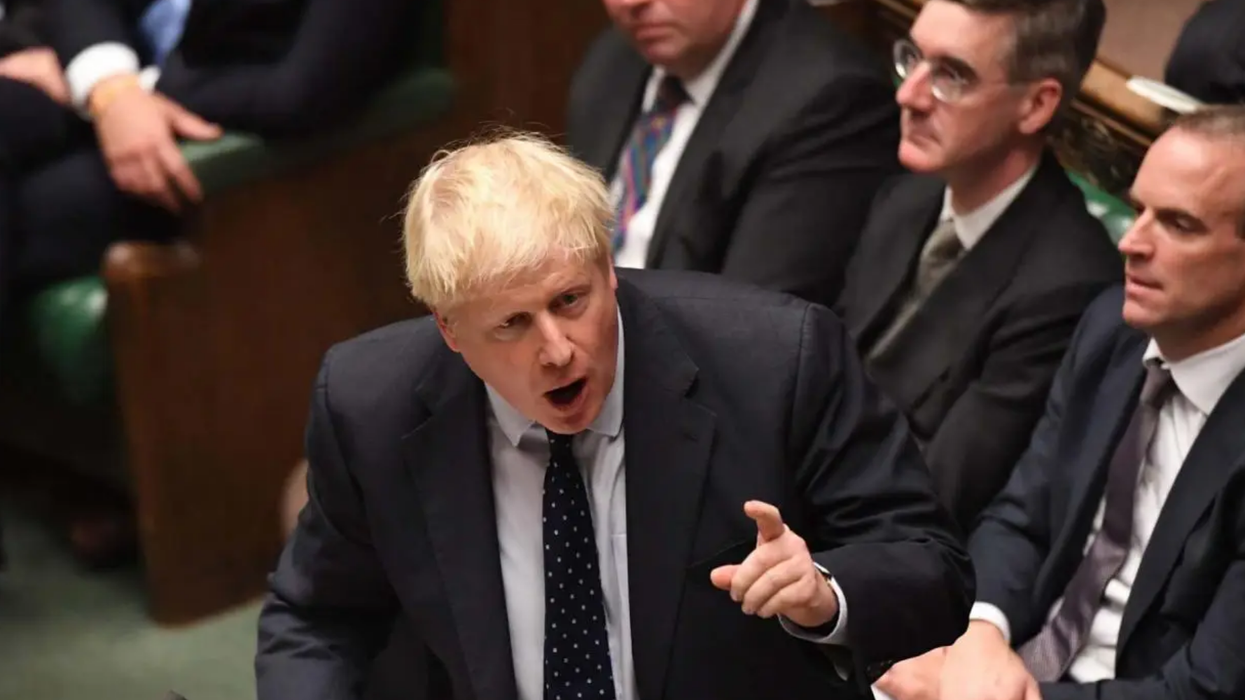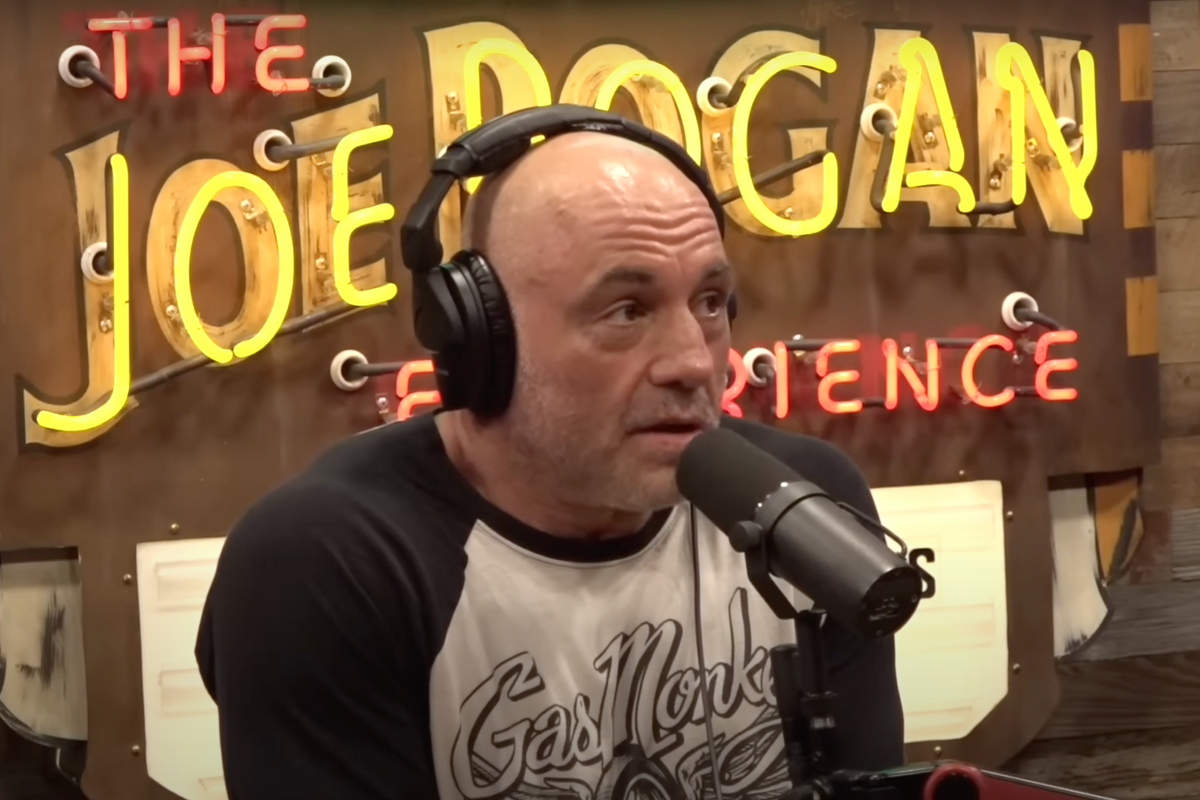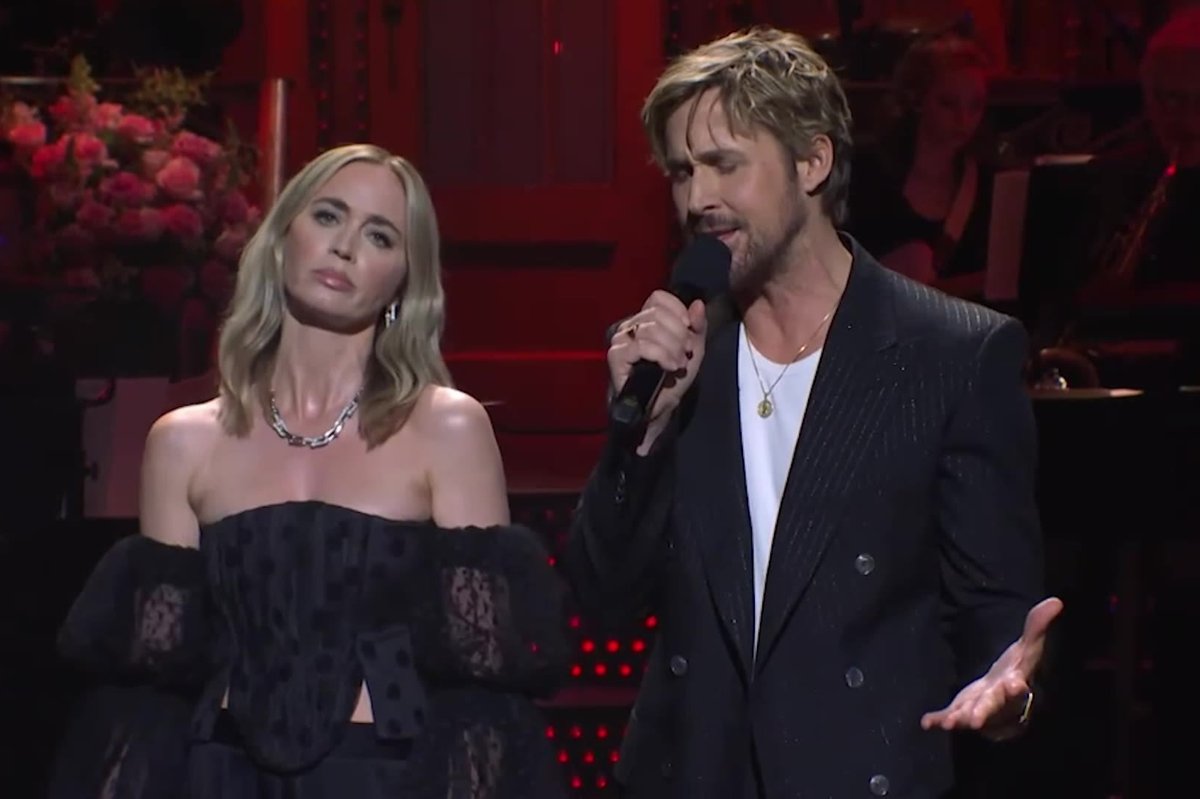Sirena Bergman
Oct 19, 2019

As hundreds of thousands of people gather to march for a Final Say referendum, MPs are voting on Boris Johnson's Brexit deal and it's all very dramatic.
Especially so as it's the first time in 37 years that they've been forced to work on Saturday.
But what does the vote actually mean for the future of the country? Here's the, errr, deal.
Assuming no further amendments are tabled, the vote is a simple "yes or no" question - do we want to accept this deal (which includes a hard border with Northern Ireland), or do we want to risk crashing out of the EU on 31 October with no deal whatsover, as Johnson has repeatedly advocated for?
If MPs vote against the deal:
Johnson would be forced to request an extension.
This is because of the Benn Act (or EU Withdrawal Act 2), which was passed last month.
It states that if the government is unable to reach a deal, it must vote on a no-deal Brexit. In the likely event that it gets voted down, the prime minister must ask the EU for an extension until 31 January 2020.
If he were to refuse, legal challenges would make it almost impossible for him to go ahead with no deal and a vote of no confidence seems likely, which could cost him his job if it were to end in an election.
He could resign, but any caretaker prime minister would also have to request an extension to the 31 October deadline.
On the other hand, the EU could refuse to grant an extension. In which case, unless the government decided that it would be in their best interests to revoke Article 50, the UK will leave the EU on 31 October without a deal.
If MPs vote in favour of the deal:
Boris Johnson may still need to request an extension from the EU.
This is because an amendment tabled yesterday by a cross-party group led by former Tory MP Oliver Letwin and Labour backbencher Hilary Benn looks likely to pass.
The amendment would require Johnson to request an extension - which would almost certainly be granted - in order to ensure the necessary legislation has been passed before the deal goes into effect. The amendment looks likely to pass, meaning an imminent no-deal Brexit is essentially impossible.
What does requesting an extension actually mean?
Earlier this week, Jean-Claude Juncker - the president of the European Commission - terrified Remainers and anti-no-dealers by suggesting the extension may not be granted.
However, EU sources seem confident that this would not be the case, and the extension would almost certainly go ahead.
President of the European Council Donald Tusk has suggested as much.
An extension would probably mean going back to the drawing board to try and find a more agreeable deal, especially when it comes to the Northern Ireland border.
It could also result in a general election, or a Final Say referendum.
Either way, no-deal is virtually impossible, so hopefully our Halloween will remain the stuff of fictional nightmares, rather than literal ones.
MORE: Tony Blair is calling for a second referendum and even Remainers think he should stay out of it
MORE: This Fry and Laurie clip literally sums up British politics right now
Top 100
The Conversation (0)
x













